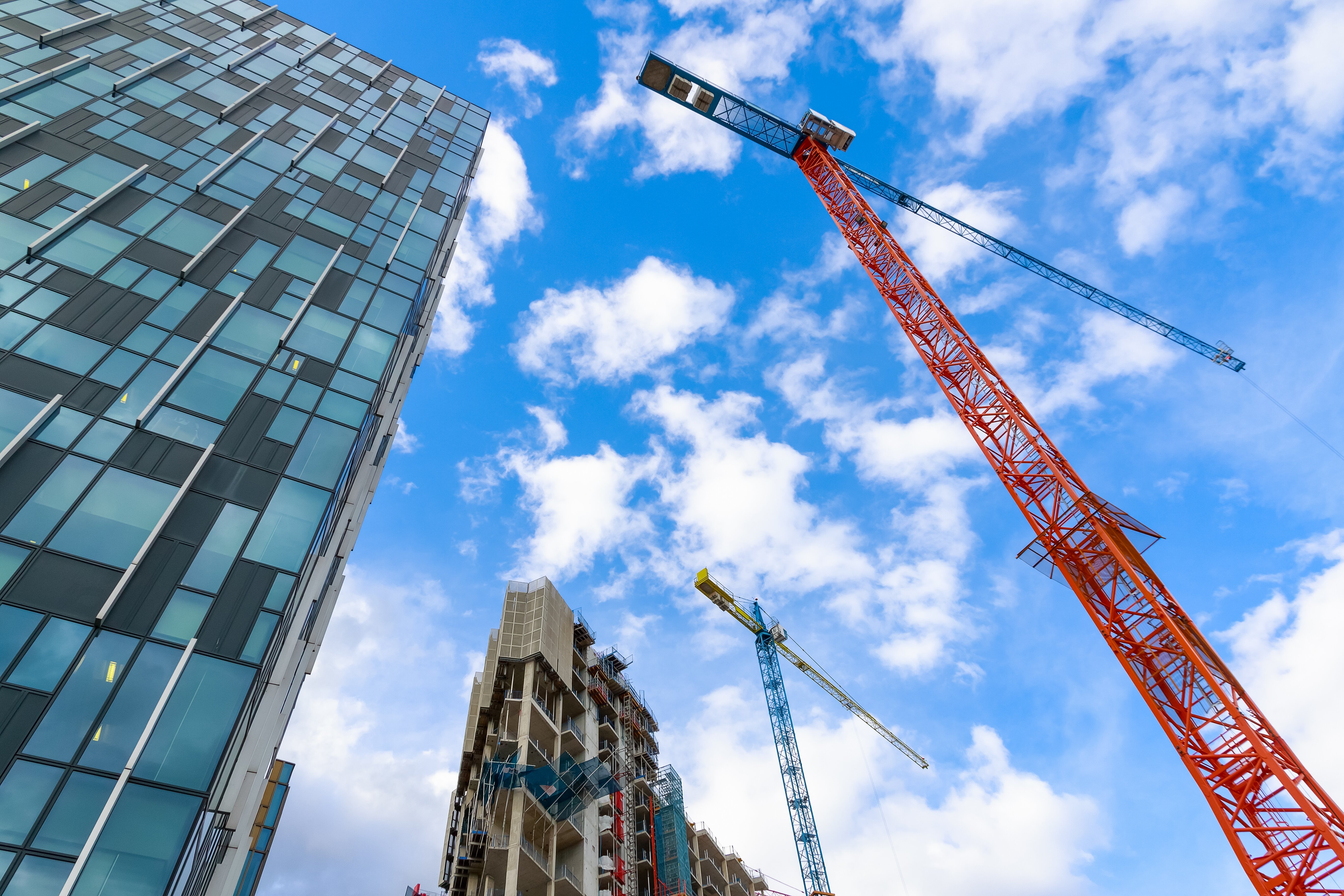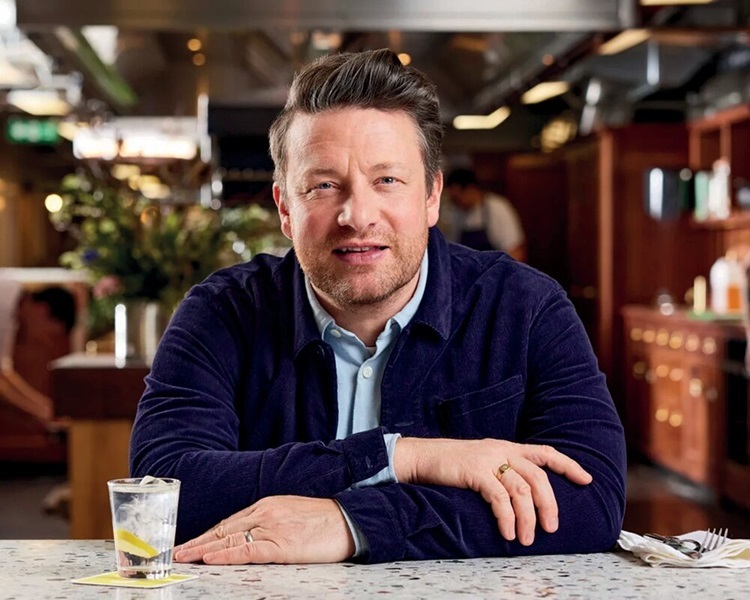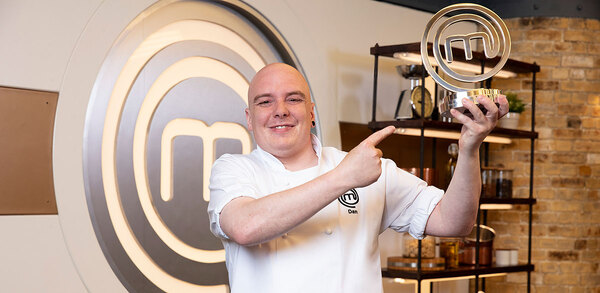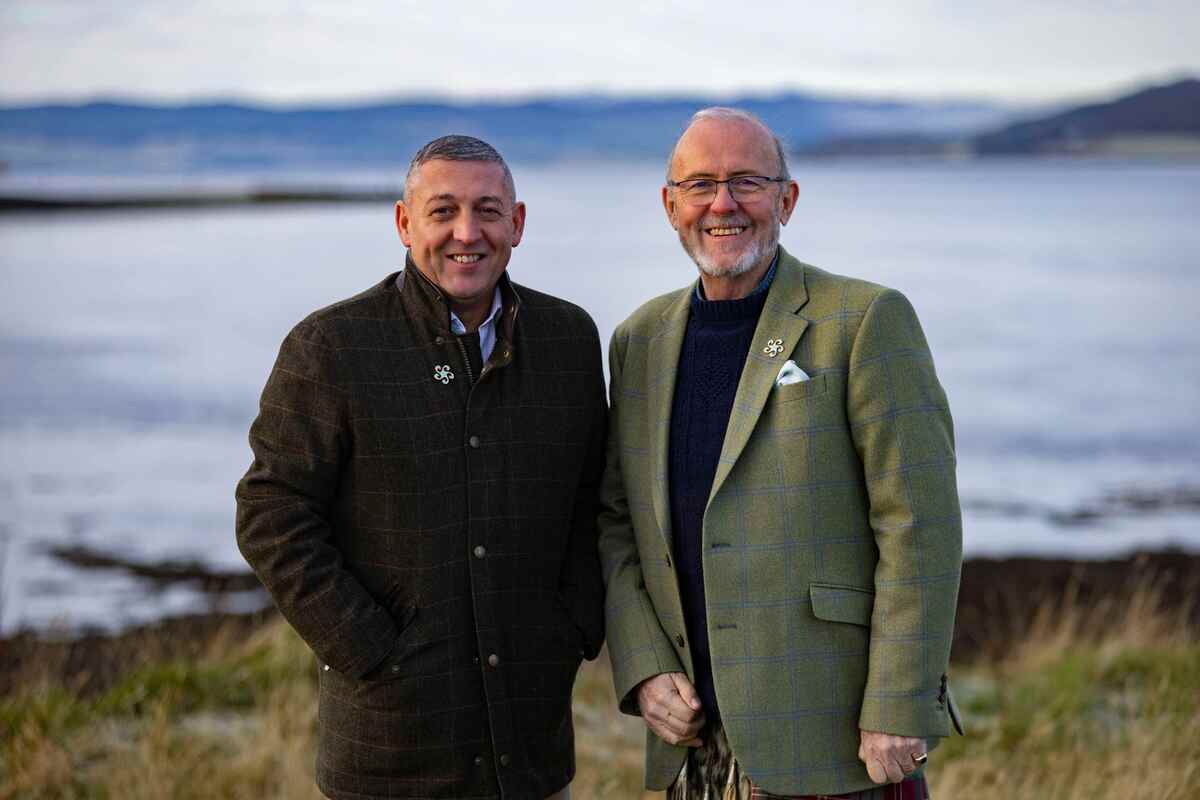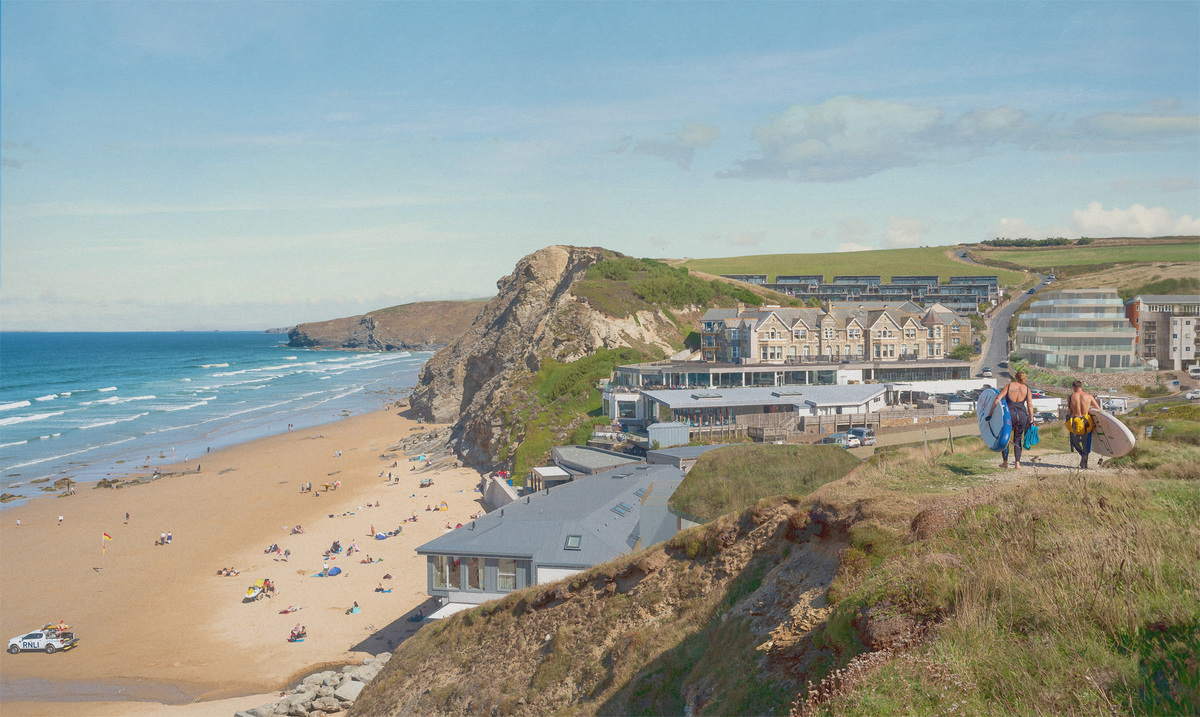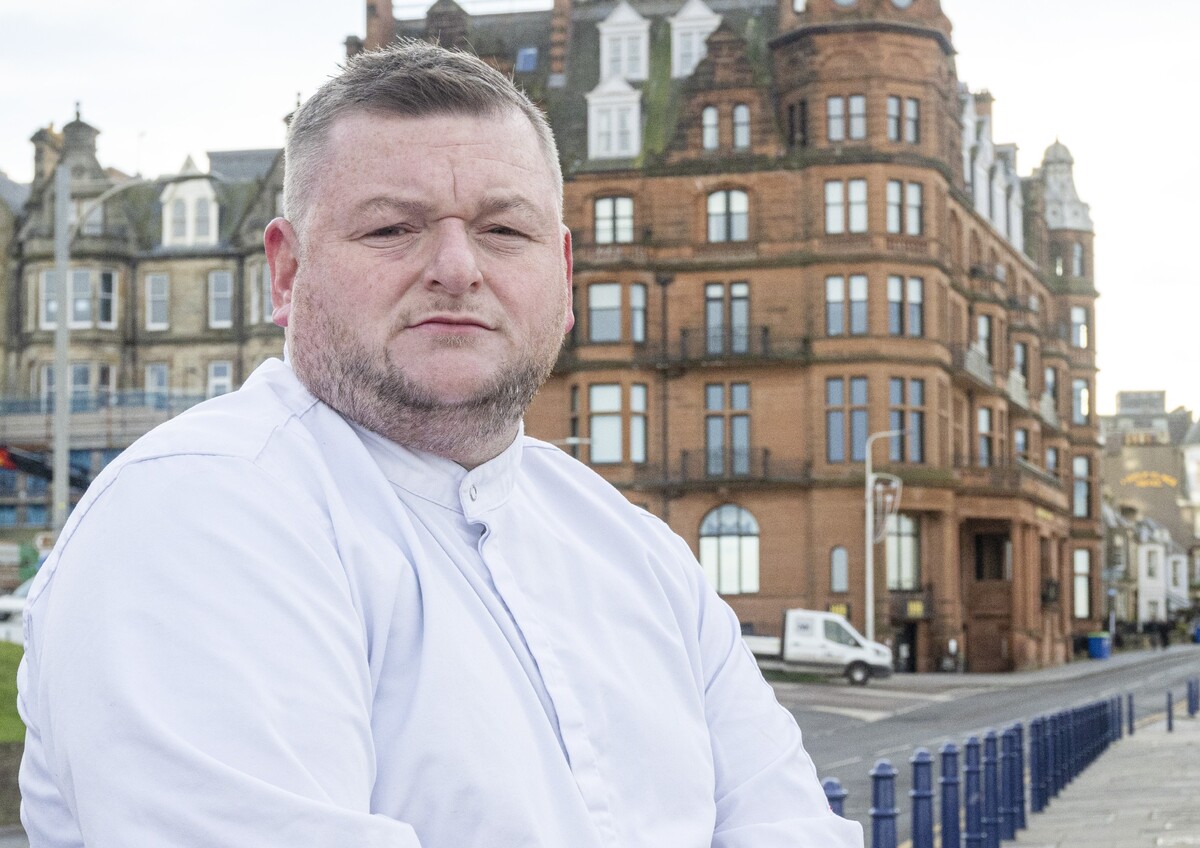‘Wall of capital’ waiting for larger hotel opportunities
There is a “wall of capital waiting for larger [hotel] opportunities”, according to the 2021 Business Outlook report from property company Christie & Co.
Carine Bonnejean, managing director – hotels at Christie & Co, said it was a fallacy that there was no hotel activity last year, which saw smaller, individual asset sales rather than big portfolio deals.
Following a period of uncertainty as the UK entered lockdown in March, activity volumes have already returned to pre-Covid levels. In fact, Christie & Co exchanged on 70 hotel assets across the UK last year which, given the context, she said was “enormous”.
For example, Christie & Co recently sold the Holiday Inn Express Ealing to Lefar Group off a £17m asking price, and in August it oversaw the sale of the Cosmopolitan hotel in Leeds to the newly formed Belfont Hotels group.
Like last year, Bonnejean said 2021 will be all about the domestic and cash buyers, the latter have been particularly active while debt financing remains challenging – six out of 10 deals in 2020 were cash funded.
She said: “International buyers are keen to buy in this country, but because of the travel restrictions they can’t visit the assets and that is the biggest blocker.”
Although hotels were historically seen as safe investments, she acknowledged that lenders and insurers are now more risk-averse, “But there are a lot of non-traditional, challenger banks, and they’ve been really active as well, so there are alternatives,” she added.
This year is expected to surpass 2020 in activity, although it is forecast to be a slow first quarter, with bigger deals expected to materialise later in the year as Covid-19 restrictions on travel ease and the vaccine is rolled out.
Bonnejean said: “There is a lot of appetite out there, a lot of people waiting with cash to do deals… but we don’t have enough stock to give them.”
The easing of government support in the form of grants, rates relief and rent moratoria from Q2 onwards, as well as shifting lender sentiment as banks review their bad debt positions as a result, are expected to lead to increased distressed activity.
The report indicated that optimism for recovery in the year ahead is mixed, with 72.4% estimating it could take up to three years for the market to return to pre-Covid trading levels.
For the first time since 2012, Christie & Co’s hotel price index for 2020 saw a decline in average sale prices of 7.6% on the previous year, with both corporates and independent hoteliers feeling this will continue into 2021. However, the group expects the industry and pricing to bounce back “swiftly”.
The report said buyer appetite remains strong and it was seeing demand for a range of hotels, including large branded assets or under-invested assets with potential for repositioning or conversion to other uses, as well as assets located in leisure destinations.
Domestic holiday demand was strong last summer in rural and coastal destinations, out-performing hotels in city centres even into the winter season. Bonnejean foresees a “resurgence” of domestic rural and coastal markets and she said large sites with the possibilities for outdoor activities and glamping or lodges, for example, were particularly in favour.
In terms of hotel pipeline, Bonnejean said she thought there will be “a bit of a slowdown” over the next few years.
“You might be able to buy great opportunities at strong prices – existing trading assets – so why try to develop a new hotel which is going to cost you more if you can get a property at a discounted price?” she said. She added that she expects this to pick up again in approximately three years’ time.
“Because we’re coming from such a low base, this year can only go up,” she added. “Assuming we can all start travelling around April again we see a superb summer for country destinations and probably more of a functioning market for city centre destinations towards the later part of the year… I’m pretty optimistic it’ll be a busy year.”
Photo: Shutterstock



